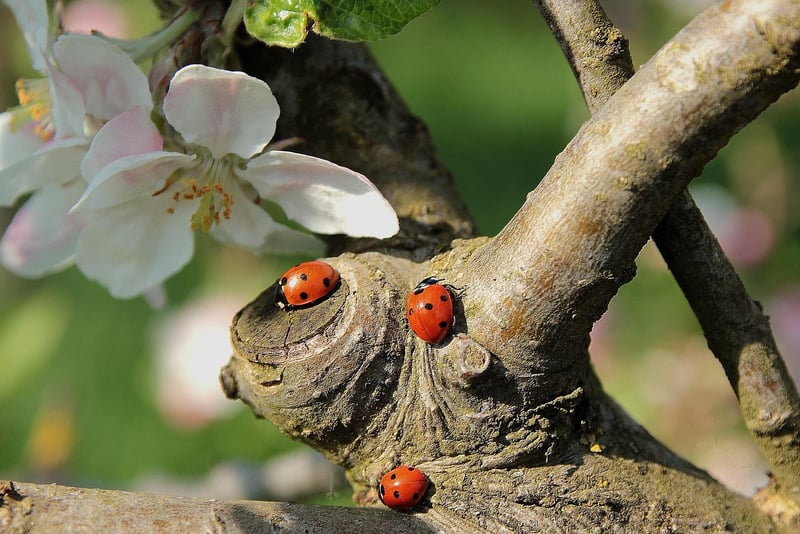Beneficial Insects
Protecting Plants from Pests with Beneficial Insects
Are you tired of battling pests in your garden and looking for a natural solution? Beneficial insects can be your allies in protecting plants from pests without the need for harmful chemicals. Let’s explore how these tiny helpers can make a big difference in your garden.
What are Beneficial Insects?
Beneficial insects are insects that prey on garden pests, helping to keep their populations in check. These insects act as natural pest control agents, reducing the need for pesticides and promoting a healthy ecosystem in your garden.
Common Beneficial Insects
- Ladybugs: These iconic red beetles feed on aphids, mealybugs, and other soft-bodied insects.
- Praying Mantis: A voracious predator that consumes a wide variety of pests, including caterpillars and beetles.
- Lacewings: Known for their delicate appearance, lacewings eat aphids, mealybugs, and other small insects.
- Parasitic Wasps: These tiny wasps lay eggs inside pest insects, ultimately killing them.
Attracting Beneficial Insects
To encourage beneficial insects to visit your garden, consider the following tips:
- Plant a diverse range of flowers to provide nectar and pollen for adult beneficial insects.
- Include plants that serve as host habitats for beneficial insects to lay their eggs, such as dill for ladybugs.
- Avoid using broad-spectrum pesticides that can harm beneficial insects along with pests.
Using Beneficial Insects for Pest Control
Introducing beneficial insects to your garden can be an effective method of pest control. You can purchase beneficial insects from garden centers or online suppliers and release them in your garden according to the instructions provided.
Conclusion
By harnessing the power of beneficial insects, you can protect your plants from pests in an eco-friendly and sustainable way. Invite these natural allies into your garden and watch them work their magic!
Remember, a healthy garden is a balanced ecosystem where beneficial insects and pests coexist harmoniously.

Image Source: Pixabay
